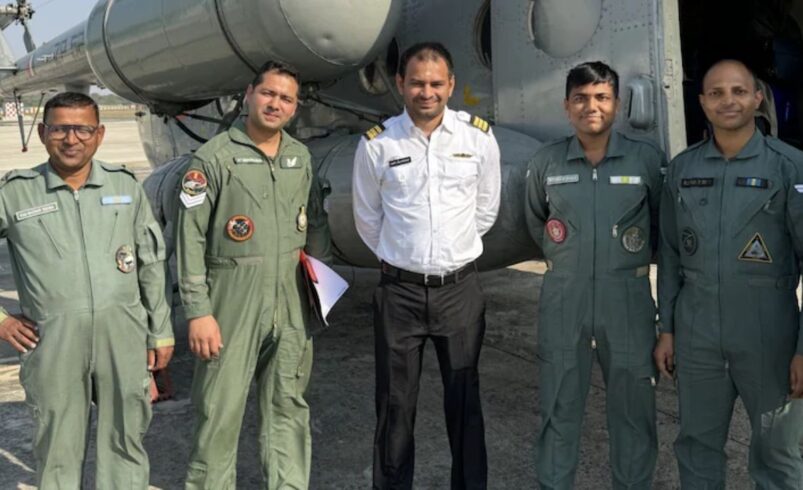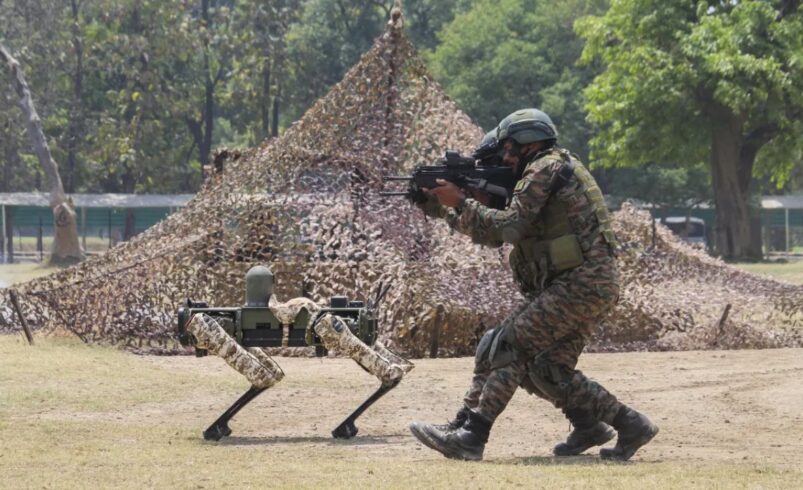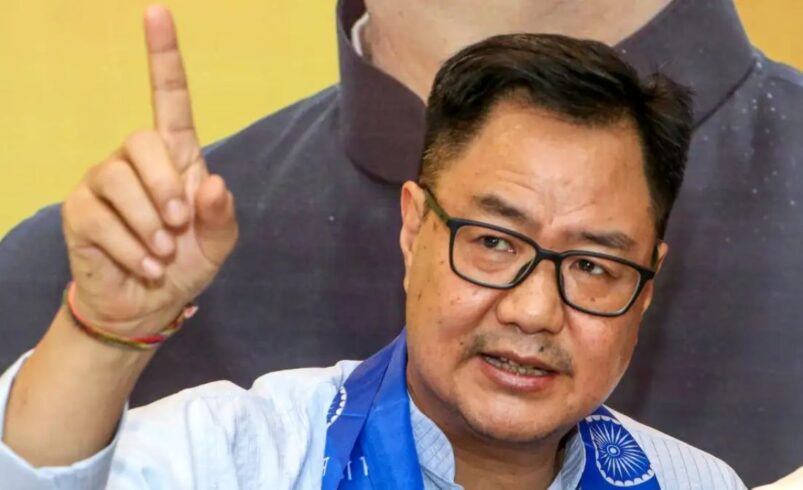As tensions between India and Pakistan flare up following Operation Sindoor, Rashtriya Janata Dal (RJD) leader Tej Pratap Yadav made an emotional and patriotic appeal to serve the nation. Taking to social media platform X, the son of veteran politician Lalu Prasad Yadav declared his readiness to join national defence efforts, citing his pilot training background. In his message, Tej Pratap stated, “If my pilot training can be useful for the country, I am ready to serve. Even if I lose my life for the nation, I’ll consider myself fortunate. Jai Hind.” His statement, though symbolic, adds an unexpected political angle to the current national security discourse and has stirred reactions across the political spectrum.
India’s Precision Strikes Spark a Larger Conversation
Tej Pratap Yadav’s statement came in the backdrop of India’s precision airstrikes on terror infrastructure across Pakistan and PoK under the now widely known Operation Sindoor. These strikes were India’s answer to the April 22 terror attack in Pahalgam and targeted nine strategic locations tied to Jaish-e-Mohammed and Lashkar-e-Taiba. The Indian Armed Forces emphasized that the strikes were precise, non-escalatory, and strictly aimed at neutralizing terrorist infrastructure. While the military continues to focus on strategic retaliation, Tej Pratap’s civilian offer of support reflects a growing sense of patriotic urgency, cutting across political and professional lines.
Ceasefire Violations and Escalating Civilian Casualties
The situation on the ground has become increasingly dire. On the night of May 7–8, the Pakistani Army initiated unprovoked firing across the Line of Control using both small arms and artillery. The affected regions include Kupwara, Baramulla, Uri, and Akhnoor in Jammu and Kashmir. These acts of aggression are seen as a desperate attempt to retaliate after losing critical terror hubs in Indian strikes. Tragically, Pakistan’s indiscriminate shelling of civilian areas has resulted in the death of at least 15 civilians and injuries to 43 more. The repeated targeting of non-military zones has raised concerns over international humanitarian law violations by Pakistan.
India’s Measured but Firm Military Response
In response, the Indian Army has acted with calculated restraint, choosing to respond proportionately to Pakistan’s provocations. The Ministry of Defence reiterated that India’s aim remains to avoid escalation while protecting its citizens and borders. Troop movements have been observed along key conflict-prone sectors, and air surveillance has been intensified. India has kept its messaging clear: while it does not seek war, it will not hesitate to strike back if provoked. The combination of military readiness and political unity, even from figures like Tej Pratap Yadav, sends a strong message of national solidarity.
Politics Meets Patriotism in Times of Crisis
Tej Pratap Yadav’s offer to join national service may not translate into immediate military involvement, but it underscores the larger sentiment sweeping across the country—a unified resolve to defend the nation. In times of conflict, such public declarations by political figures can serve to uplift national morale and bridge the often-divisive gap between governance and service. Whether or not his pilot training is formally utilized, his message has already achieved its purpose: showing that in moments of national threat, patriotism can rise above politics. As the situation evolves, all eyes remain on how both nations proceed—and how individuals, including unlikely voices, continue to stand with India.
Get the latest in business, markets, startups, and policy—visit businessnewsindia.in for in-depth updates and follow us on Instagram @businessnewsindia.in for daily bites of what matters most.
Source – news.abplive.com









